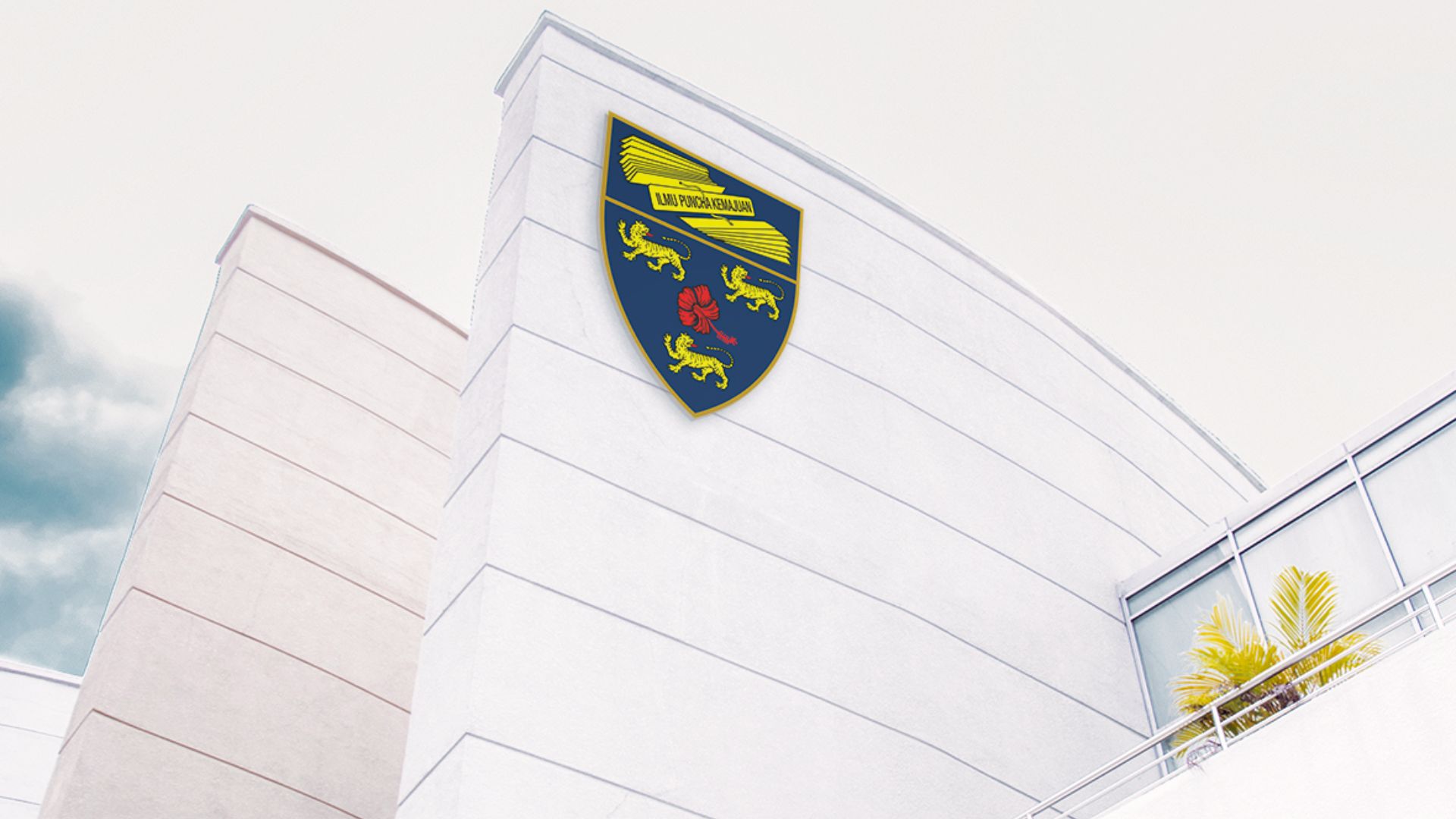Differences in Colonial Experience and the Institution-Economic Growth Nexus in West Africa
Main Article Content
Abstract
Does the quality of institutions affect economic growth in West African countries? Which institutional variable aids or harms economic growth in the region? Is the effect of institutions on economic growth in former French-colonised countries different from that of British-colonised countries? This study addresses these questions. Specifically, we first examined the effect of six institutional variables on economic growth for each of the 13 West African countries. Then, we employed panel data estimation techniques to examine the overall effect of the quality of institutions on the economies of the region. Finally, we grouped the 13 countries into French-colonised and British colonised countries following the argument of Acemoglu, Johnson and Robinson (2001,2005) and then examined the impact of institutional quality on the economic growth of these subgroups. Our findings reveal that the effect of institutional variables on the economy of each country varies. Overall, we find that government stability and democratic accountability have a positive and significant influence on economic growth, while control of corruption and socioeconomic conditions have deleterious effects on economic growth. Finally, institutions contribute positively to economic growth in French-colonised countries compared to British-colonised countries. The results imply that there is a need to strengthen institutions in West Africa, especially in former British colonies.
Downloads
Article Details
Submission of a manuscript implies: that the work described is original, has not been published before (except in the form of an abstract or as part of a published lecture, review, or thesis); that is not under consideration for publication elsewhere; that its publication has been approved by all co-authors, if any, as well as tacitly or explicitly by the responsible authorities at the institution where the work was carried out. Transfer of copyright to the University of Malaya becomes effective if and when the article is accepted for publication. The copyright covers the exclusive right to reproduce and distribute the article, including reprints, translations, photographic reproductions, microform, electronic form (offline and online) or other reproductions of similar nature.
An author may self-archive the English language version of his/her article on his/her own website and his/her institutions repository; however he/she may not use the publishers PDF version which is posted on www.ijie.um.edu.my. Furthermore, the author may only post his/her version, provided acknowledgement is given to the original source of publication and a link must be accompanied by the following text: The original publication is available at www.ijie.um.edu.my.
All articles published in this journal are protected by copyright, which covers the exclusive rights to reproduce and redistribute the article (e.g. as offprint), as well as all translation rights. No material published in this journal may be reproduced photographically or stored on microfilm, in electronic database, video disks, etc., without first obtaining written permission from the publishers. The use of general descriptive names, trade names, trademarks, etc., in this publication, even if not specifically identified, does not imply that these names are not protected by the relevant laws and regulations.
The copyright owners consent does not include copying for general distribution, promotion, new works, or resale. In these cases, specific written permission must first be obtained from the publishers.
